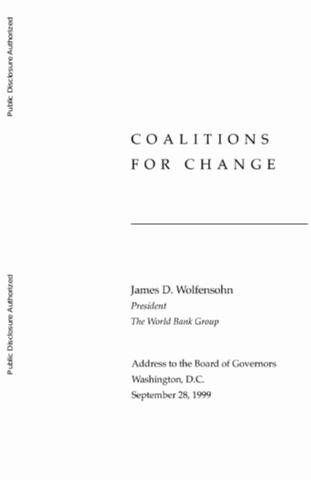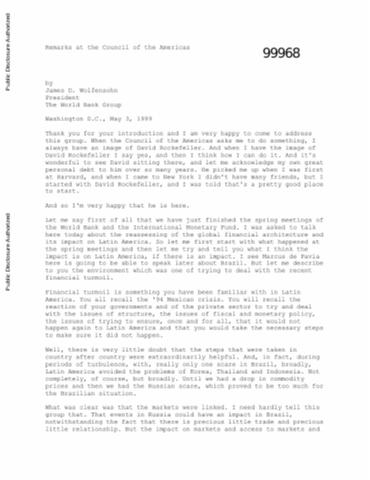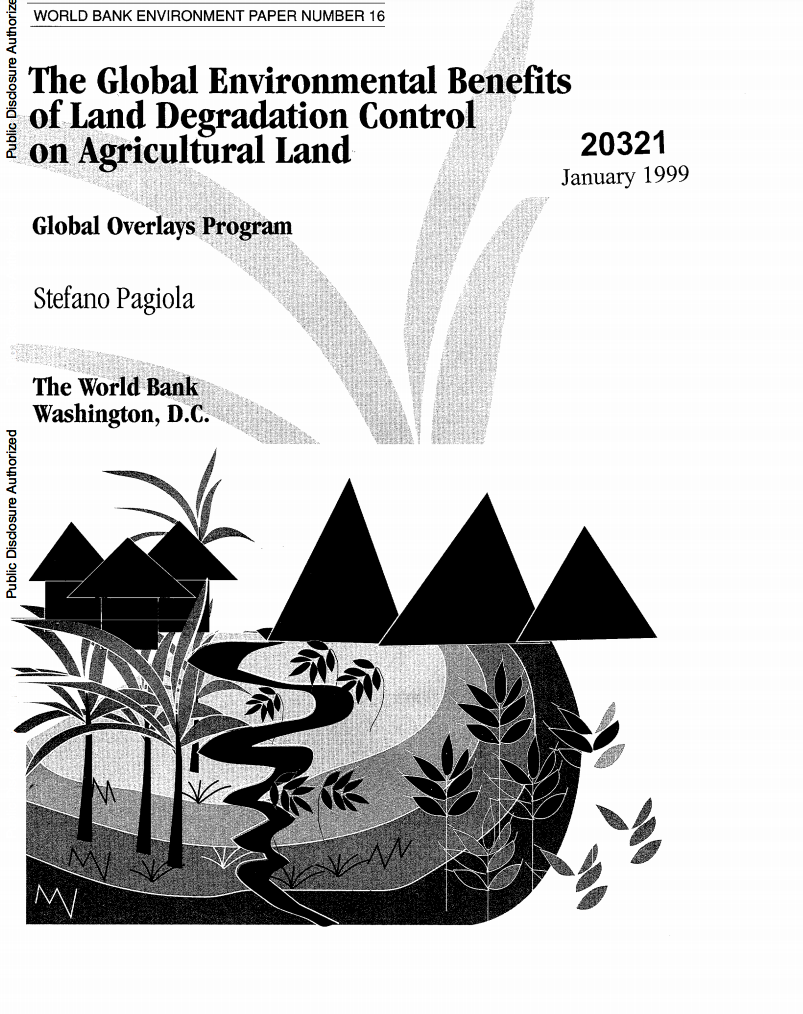Urban Property Ownership and the Maintenance of Communal Land Rights in Zimbabwe
Short summary of a Ph.D. thesis. The dominance of the white farm issue has delayed serious attention to more subtle land conflicts. Thesis focuses on the continued maintenance of communal land rights by urban property owners. Explores what would happen if these rights disappeared. In reality and in the absence of explicit state policy, poor families and women are already relinquishing these rights, which has very practical implications for urbanisation.






